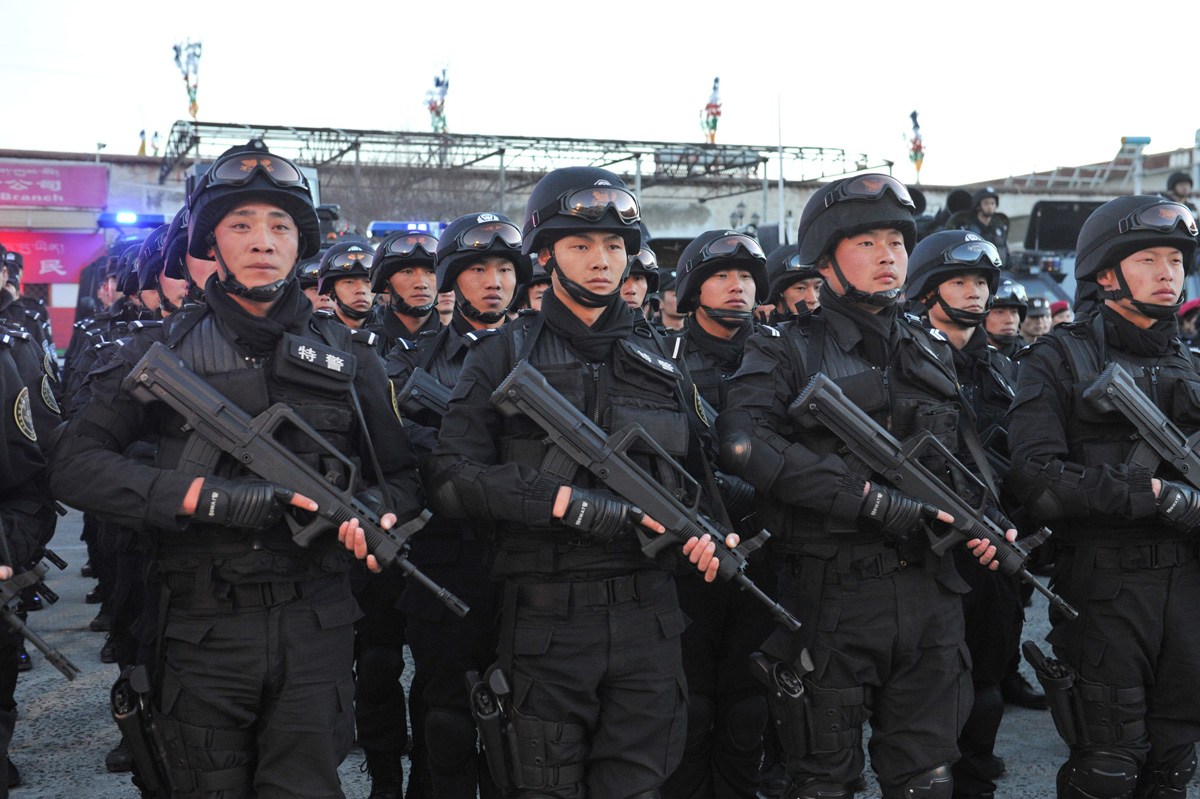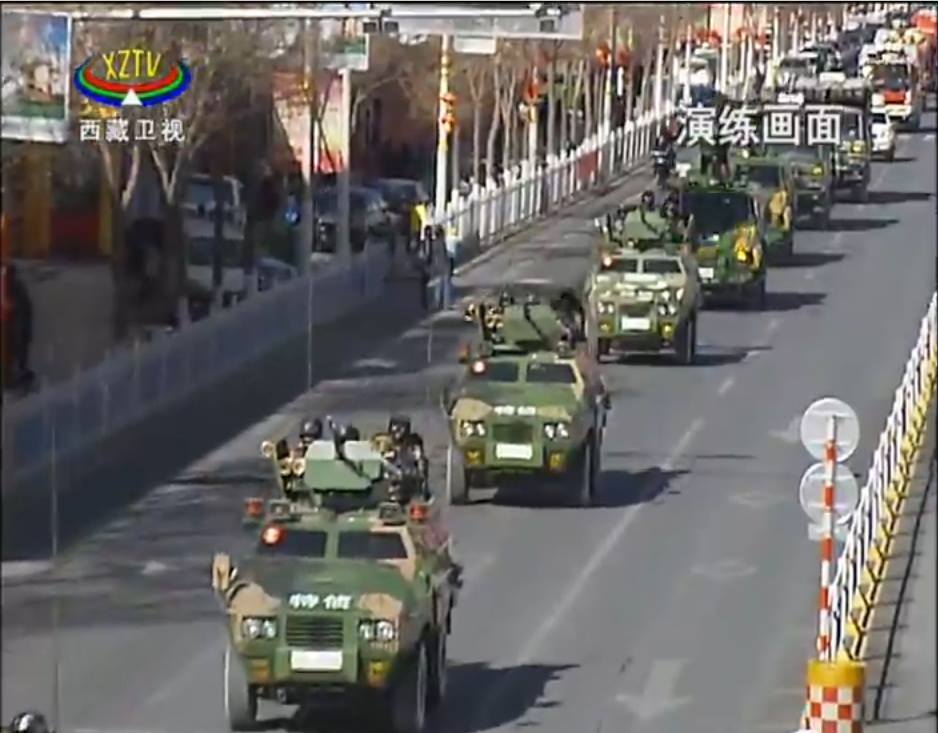Joint statement by The International Federation for Human Rights (FIDH)
and International Campaign for Tibet (ICT)
Tour operators have announced the closure of the Tibet Autonomous Region (TAR) to tourists again next month, coinciding with the anniversary of the Tibetan Uprising in March 1959 and the related protests across Tibet in March 2008.
ICT’s President, Matteo Mecacci said: “This lockdown, taking place in an already restrictive political climate, has been imposed every year since 2008 but must not be accepted as ‘business as usual’. Chinese tourists travel in their millions across the world but foreigners are barred from seeing Tibet for themselves because of the Chinese Party’s counter-productive hardline security measures on the plateau. Foreign countries must call on China to abide to the principle of “reciprocity” and to stop limiting foreign and independent access to Tibet. This is unjustifiable and must be condemned.”
Tour operators announced on websites early in January that the ‘annual closure’ of Tibet to foreigners would run this year from February 25 to April 1, with all foreigners being instructed to leave before February 24.[1]
March 10, 2017 will mark the 58th anniversary of the Tibetan Uprising leading to the Dalai Lama’s flight into exile in 1959, and the ninth anniversary of an unprecedented wave of protests that swept through Tibet in March 2008, transforming the political landscape. The TAR has since been closed annually to foreigners in March, in addition to an intensified militarization of the plateau and with a stronger emphasis from the central authorities on political control over Tibet linked to the ‘stability’ of the whole of the People’s Republic of China.

Large-scale military drills, new border regulations, counter-terrorism training exercises for troops and virulent attacks against the Dalai Lama have also intensified since 2008.
The announcement of the closure of TAR this year follows increasing restrictions by China against the teachings of the Dalai Lama in exile. At the beginning of 2017, the Chinese authorities prevented thousands of Tibetan pilgrims from attending a major Buddhist ceremony with the Dalai Lama in Bodh Gaya, India. The authorities ordered Tibetans already in India to leave the country, and prevented others from leaving China at all, even though many had spent years obtaining passports for legal travel. Upon their return to China, some Tibetans have had their passports destroyed upon arrival at airports and have been interrogated by police.
The International Campaign for Tibet and FIDH urge the Chinese authorities to put an end to the closure and isolation of the TAR, to guarantee the fundamental freedoms of all Tibetans, and to allow foreigners free access to the TAR and to see the situation in Tibet for themselves.

Footnotes:
[1] https://www.tibettravelexpert.com/2017/01/tibet-travel-permits-news-2017-blog/